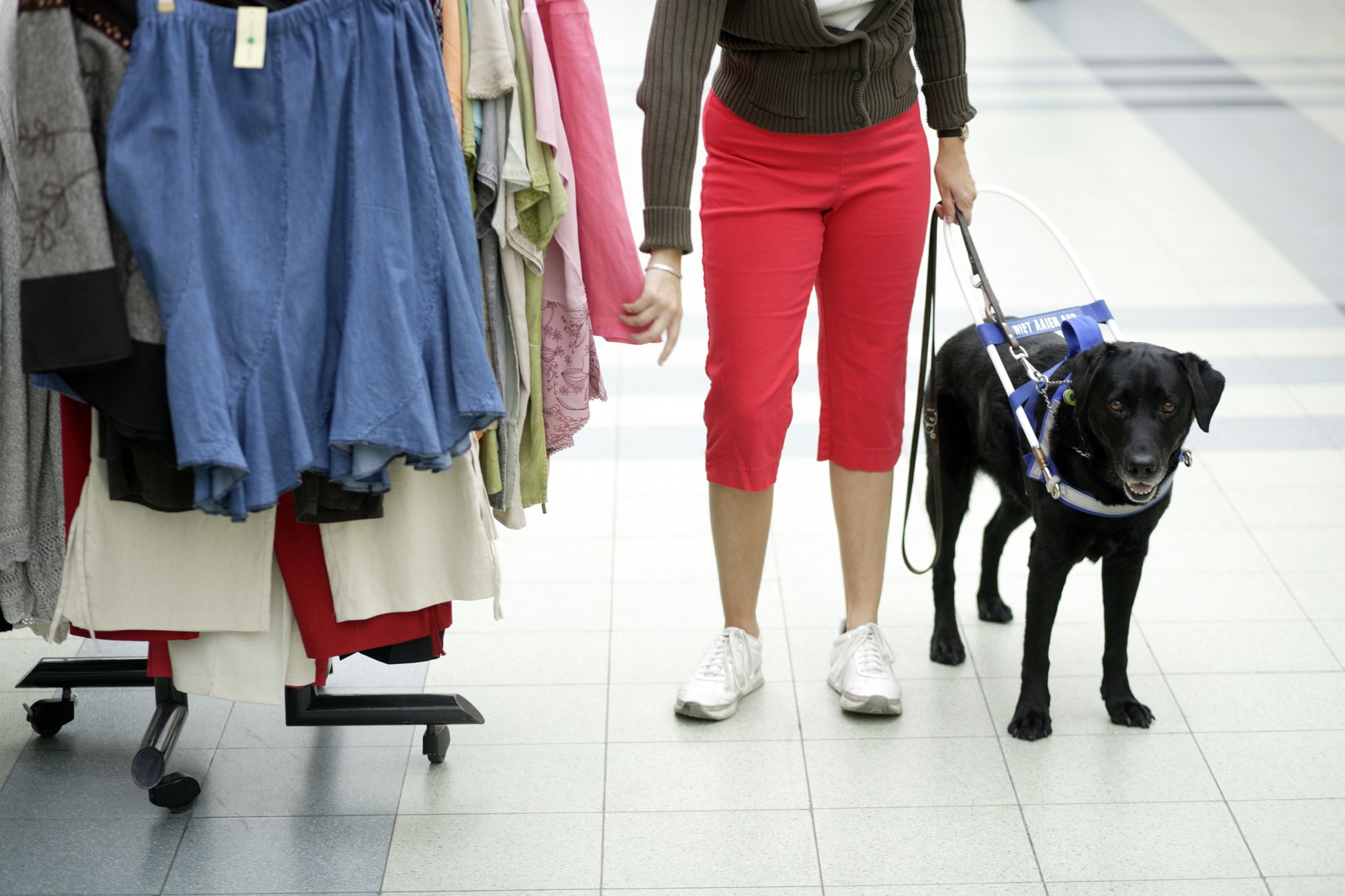New App Helping People Who Are Visually Impaired to Shop and More

Assistive technology is making it easier for people who are visually impaired to buy groceries, hail rides, and more. For consumers who are blind or have low vision, a shopping trip can be rife with challenges. More than 8 million Americans reportedly have a vision impairment, but they can’t count on store staff to offer assistance or stores to have clutter-free aisles or easy-to-navigate layouts. Just entering or exiting some businesses can be difficult.
Now some tech companies are developing products to make shopping less of an ordeal for customers with blindness or low vision. A San Diego startup called Aira (Artificial Intelligence and Remote Assistance) has launched an app that allows people with vision impairment to connect with trained professionals who remotely provide visual assistance, and is partnering with retail stores and other businesses to integrate the technology.
Suman Kanuganti got the idea for Aira in 2015, after speaking to a blind communications professional about how Google Glass technology could be used to help the blind become more mobile. Aira has described the app as “OnStar for the blind.”
How it works
When users download the Aira app, they’re linked to an operator who accesses their smartphone camera to view their surroundings. (Users pay a monthly subscription fee and can also subscribe to a plan that comes with smart glasses and a camera accessible to Aira operators.)
At the grocery store chain Wegmans, for instance, which recently began offering Aira services at all its stores, blind and low-vision shoppers can activate the Aira app to connect them with professionals who help them move around the store, find what they want, and direct them to the shortest checkout lines. By speaking with these customers on the phone, the agents essentially act as a second pair of eyes for them.
Aira is available in some restaurants, college campuses, and airports, and is branching out to other places like AT&T stores. During a time when discussions about inclusion in retail have often focused on size, gender, or race, the emergence of technology like Aira underscores the importance of challenging ableism by making shopping more accessible for people with physical impairments.
By Nadra Nittle (Vox)

